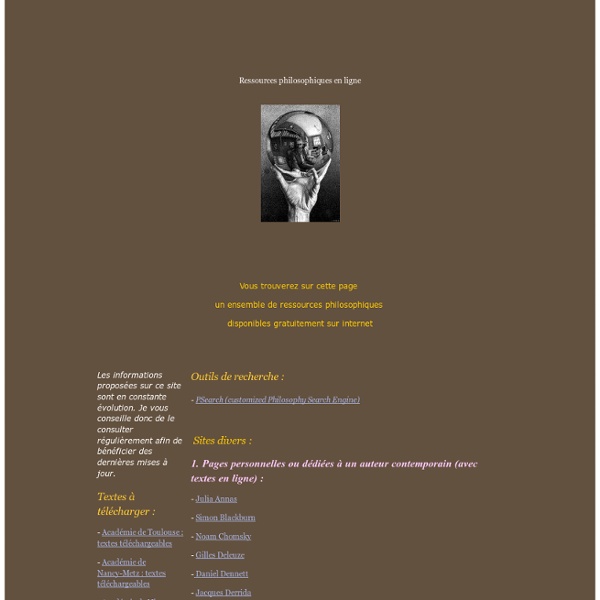



- PhiloLog PhiloSophie - Corrigé de devoir n°1 : L’art est-il un langage ? Par Evelyne Buissière Si l’art contemporain nous étonne c’est parce nous avons l’habitude de rechercher le message que délivrent les œuvres d’art, de nous demander ce que l’auteur exprime, ce qu’il veut nous dire. Très souvent, cette recherche d’un sens passe par l’élucidation de ce que représente l’œuvre. Nous avons l’habitude de lier le fait de représenter et celui d’avoir un sens. Et de ce fait, même lorsque l’œuvre ne semble rien représenter, nous supposons qu’elle représente tout de même une intention, un état d’âme de son auteur, qu’elle en constitue une expression. Une œuvre comme les Monochromes Bleus d’Yves Klein, qui ne font que présenter la couleur bleue, nous déconcertent car l’auteur ne semble délivrer aucun message mais seulement exhiber le matériau pictural qu’est la couleur. Si l’art est un langage et délivre un message, n’est-il pas plus économique de passer directement par le langage verbal plutôt que par l’œuvre d’art ? Ce sens doit être compris par un récepteur. 1°.
Philagora Philosophie générale et philosophie esthétique. Jacques Darriulat Cours et Formations en Vidéo 100% Gratuits Une sélection de vidéos pédagogiques LE SENS DES MITSVOT PARACHA MASSEÎ | Raphaël Draï - Le Blog « L’Eternel parla à Moïse en ces termes: « Parle aux Enfants d’Israël et dis leur: « Comme vous allez passer le Jourdain pour gagner le pays de Canaan, vous choisirez des villes propres à vous servir de cités d’asile (âréi miklat): là se réfugiera le meurtrier homicide (rotséah’) par imprudence (bicheghagha). Ces villes servirent chez vous d’asile contre le vengeur du sang (goël) afin que le meurtrier ne meurt pas avant d’avoir comparu devant l’assemblée pour être jugé (lamichpat) » (Nb, 35, 9 à 12). Bible du Rabbinat. Une fois libérée de l’esclavage, de l’oppression des corps et de la servitude des âmes, une collectivité humaine-pleinement humaine, ne change pas de nature magiquement. Dans la vie d’un peuple libre, il est donc inévitable que des incidents surviennent et que des accidents se produisent. C’est l’un des principes essentiels du droit sinaïtique de délimiter strictement le domaine du droit civil et celui du droit pénal. Thérapeutique du temps par le temps. Like this: